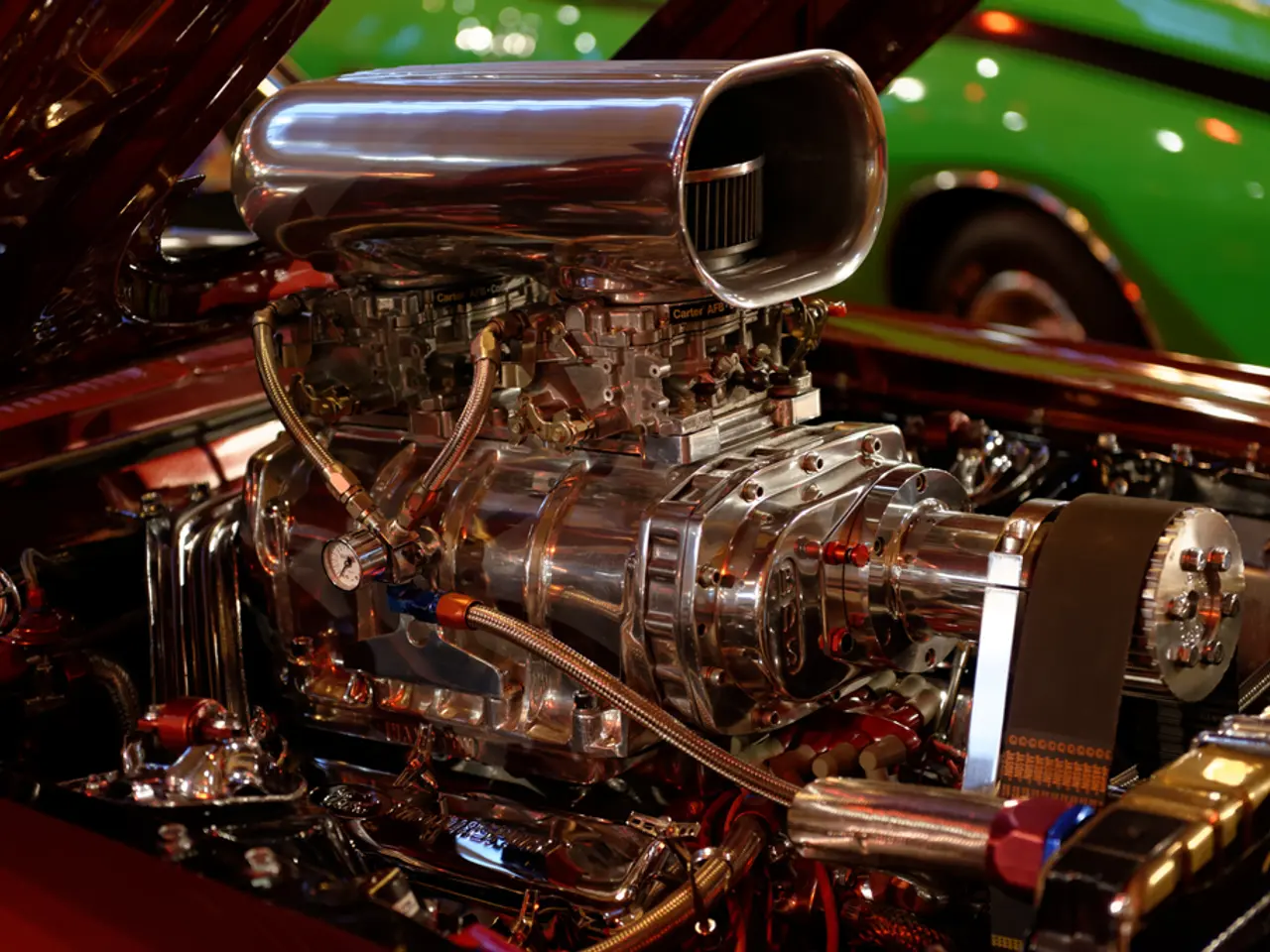Cookies utilized by Autovista24 to enhance user's experience
In a move that has sent shockwaves through the global automotive industry, US President Donald Trump announced a 25% tariff on all cars and light-commercial vehicles imported into the country, effective from 3 April 2025. This decision, met with a significant backlash from global leaders, carmakers, and industry bodies, is expected to impact several major automakers.
The automakers most affected by these tariffs are those that rely heavily on imported vehicles or parts from outside the United States. Stellantis (Jeep, Ram, Chrysler, Dodge), General Motors (GM), Honda, Nissan, Hyundai, Toyota, and Volkswagen are among the hardest hit.
Stellantis, for example, expects tariffs to cost around $1.4 billion in the second half of 2025 alone, while GM projected $4 to $5 billion in tariff expenses for the year. These automakers import many vehicles or parts from factories in Canada, Mexico, Korea, and elsewhere.
Volkswagen is noted as especially vulnerable, since about 80% of its U.S. sales are imported vehicles. GM also faces significant costs since many of its models for the U.S. market are built in Korea, Mexico, and Canada.
Europe's reaction to these tariffs has been critical but moderated by negotiations leading to tariff reductions. The European auto industry is large and influential, and these tariffs have been a point of contention. The tariffs on imported cars from Europe to the U.S. were initially set at 25% but were reduced to 15% under recent trade deals negotiated by the Trump administration. While some relief came from this reduction, European automakers still face significant challenges due to these tariffs and the "hodgepodge of import restrictions and fees" that remain.
Volkswagen, Audi, and Mercedes-Benz have stated they will relocate parts of their production due to the tariffs. Other car companies have stated they intend to raise prices. The news resulted in most automotive stocks falling, except for Tesla's stock which grew by around 5%.
In an effort to mitigate these costs, domestic manufacturers such as General Motors and Ford could also be impacted. For instance, Hyundai Motor Group has committed an additional investment of $21 billion over the next four years, and its Metaplant America has opened its doors, producing up to 500,000 electric and hybrid vehicles each year.
Meanwhile, Chinese automaker Changan has announced plans to enter 10 European markets in 2025, including Norway, Denmark, Germany, and the Netherlands. Changan will launch the SUV Deepal S07 in these markets from April, with the UK seeing the launch in June. Changan will sell hybrid cars in Europe from 2026 and aims to have more than 1,000 dealerships in its European sales and services network. Vehicles sold in Europe will come from its production plants in China and Thailand.
The news of these tariffs has been met with a firm response from the EU, with Germany's economy minister, Robert Habeck, stating that the EU needs to have a firm response to these tariffs. In the UK, SMMT chief executive Mike Hawes commented that the announcement by President Trump is disappointing if additional tariffs are to apply to UK-made cars.
As the automotive industry navigates these challenging times, it is clear that these tariffs will increase costs for automakers and likely cause shifts toward greater U.S. manufacturing to reduce tariff exposure.
| Automakers Most Affected | Reasons | Europe’s Reaction | |----------------------------------|------------------------------------|------------------------------------------| | Stellantis (Jeep, Ram, Chrysler) | Heavy import reliance from Canada, Mexico | Critical, tariffs reduced from 25% to 15% via negotiations | | GM | Imports from Korea, Mexico, Canada | Europe impacted with auto exports tariffs, ongoing tension | | Volkswagen | 80% of US sales are imported vehicles | Major European player impacted significantly | | Honda, Nissan, Hyundai, Toyota | Imports from abroad | Facing tariff costs despite some relief |
- The announced 25% tariff on imported cars and light-commercial vehicles into the United States is projected to impact several major automakers, such as Stellantis (Jeep, Ram, Chrysler, Dodge), General Motors (GM), Honda, Nissan, Hyundai, Toyota, and Volkswagen, due to their heavy reliance on imported vehicles or parts.
- European automakers like Volkswagen, Audi, and Mercedes-Benz are deciding to relocate parts of their production due to these tariffs, while other companies plan to raise prices to offset the costs.
- The European auto industry is large and influential, but these tariffs have been a point of contention due to the "hodgepodge of import restrictions and fees" that remain. Despite a reduction in tariffs under recent trade deals, European automakers still face significant challenges.
- As the automotive industry navigates these challenging times, there is a clear potential for these tariffs to increase costs for automakers and cause shifts toward greater U.S. manufacturing to reduce tariff exposure.
- policy changes related to tariffs in the automotive industry are drawing attention from global leaders, carmakers, and industry bodies, as well as national governments in Europe, such as Germany and the United Kingdom. These governments are expressing concern about the potential impact of these tariffs on their respective automotive industries.




